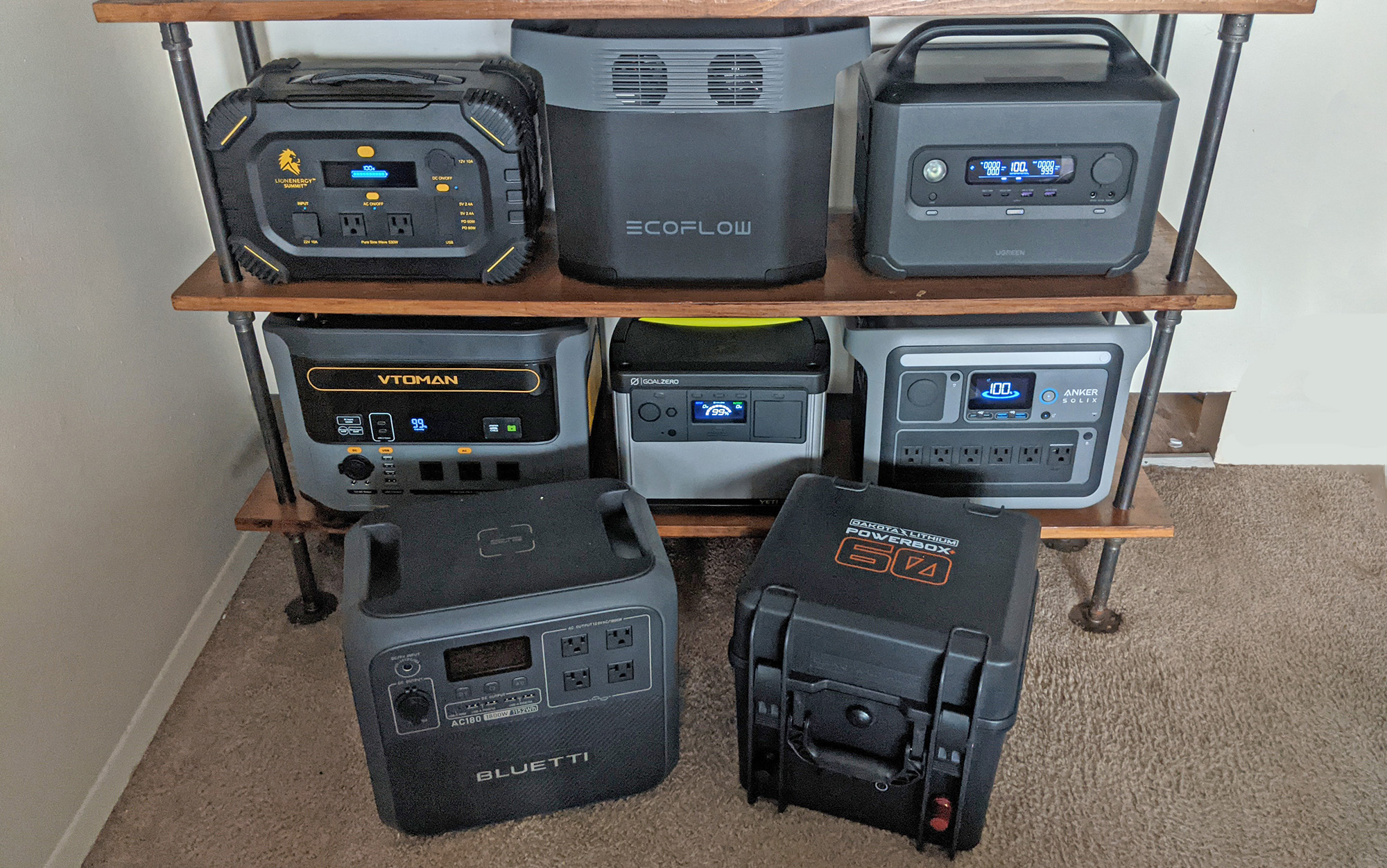This article was originally published by Jon Miltimore at The Foundation for Economic Education.
Minnesota lawmakers are at best offering a “solution” to a problem that doesn’t exist. At worst, they are weaponizing the law to benefit special interests.
For years, my daughter, who is 12, has asked to have a room in the basement. My wife finally relented, and the two of them recently gave a fresh paint job to what will be her new room on the lowest level.
I’m relieved they got the job done quickly because a new bill (SF 3554) proposed by the state legislature in our home state of Minnesota seeks to impose strict new regulations on who can paint, and what kind of paints can be used.
The legislation, which was posted online on February 15, would restrict the “sale of certain solvent-based paint materials to licensees; [establish] a paint contractor board; [and require] licensing for paint contractors and journeyworker painters.”
What precisely is wrong with the current situation, which allows homeowners to buy the paint they choose and permits contractors to paint without permission from the state, is unclear.
Still, it was amusing to watch Reddit users have a field day mocking the legislation and attempt to ascertain its purpose.
Some speculated the bill was driven by environmental concerns. Others suggested it was an effort to benefit labor unions. Writing separately, Minnesota economist John Phelan said the legislation is “regulation for the sake of regulation.”
Any of these theories could be true, but one in particular caught my attention. A social media user claimed the legislation is designed to benefit Senate Majority Leader Erin Murphy, whose husband owns a painting company.
I decided to look into the claim that Murphy’s husband is a commercial painter. According to Murphy’s own campaign website, it’s true.
“Joe owns and runs a painting business,” Murphy’s website says. (I reached out to Murphy’s staff to find out if she is aware of the legislation or supports it. I did not receive a response.)
To understand how the bill would benefit the family’s business, it’s important to grasp how occupational licensing works.
Many professions require a license to do business. We often think of physicians, lawyers, nurses, and school teachers when we think of occupational licenses, but the reality is that hundreds of professions are subject to licensing.
In some states, you can’t braid hair without a license. In others, you can’t pump gas or cut hair. In many states, you have to get a license to package things. One state—Louisiana—requires a license to sell flowers. And Minnesota wouldn’t be the first state to require painters to get licensed.
Why these laws exist is a matter of debate.
Dirk Yandell, a professor of economics at the University of San Diego, years ago offered a pair of explanations.
“Licensing is defended by its proponents as a means of ensuring minimum standards of competency or quality,” Yandell wrote in a 1985 article. “More often it has been used as a means of restricting entry, to limit competition and preserve the high wages earned by the existing group of practitioners.”
The Federal Trade Commission says occupational licensing schemes “can protect the public’s health and safety” when they are administered properly, but the evidence says Yandell is right when he argues that the primary purpose of these laws is to limit market competition.
Consider New Jersey, where consumers are forbidden from pumping gasoline. The stated purpose of the law, which was passed in 1949, was consumer safety. In actuality, the law was passed because a business wanted to cripple a rival entrepreneur.
Or let’s look at occupational licensing laws that impact cosmetologists and EMTs. If safety is the primary purpose of these laws, why are cosmetologists required to do ten times as much training as EMTs, on average? (In some states the ratio is much higher, the New York Times has noted.)
The answer is simple. Protectionism, not consumer safety or product quality, is the primary motivation of occupational licensing laws.
Morris Kleiner, an occupational licensing researcher and professor at the University of Minnesota, discussed just how much workers in these occupations stand to benefit by lobbying the government to create hurdles to keep others out of their industries.
“If you’re a cosmetologist or a barber, and if you’re licensed, you can raise your own wages as much as 15 to 20 percent over the course of your lifetime,” Kleiner told the Washington Post in a 2019 article on occupational licensing.
It’s the old “Bootleggers and Baptists” game regulatory economist Bruce Yandell described in a famous 1983 paper, which explored how lawmakers can use regulatory power to benefit special-interest groups more effectively when they can claim there’s a vital public interest at stake.
Minnesota lawmakers are unlikely to admit that their new bill is designed to benefit special-interest groups, any more than Prohibition-era lawmakers were to admit bans on spirits were designed to benefit special interests (the bootleggers). I’ve yet to find a lawmaker who confesses that their legislation is political graft.
But by prohibiting workers from freely selling their labor, lawmakers are committing a “perversion” of the law, whose only moral purpose is to protect life, liberty, and property.
“The mission of law is not to oppress persons and plunder them of their property, even though the law may be acting in a philanthropic spirit,” Frédéric Bastiat wrote in his celebrated work The Law. “Its mission is to protect property.”
So regardless of their motivations, Minnesota lawmakers are at best offering an immoral “solution” to a problem that doesn’t exist. At worst, they are weaponizing the law to benefit special interests.
Read the full article here




